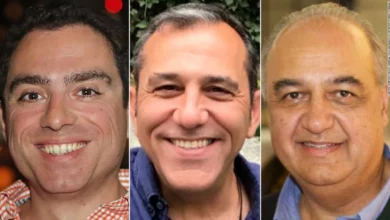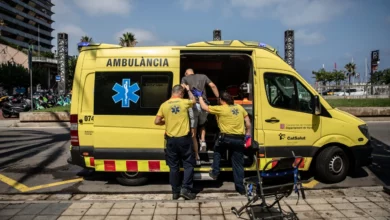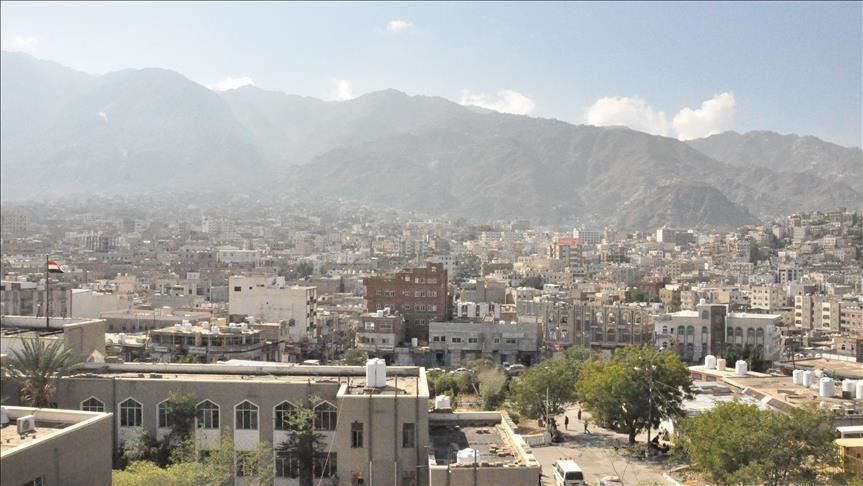The Egyptian Initiative for Personal Rights (EIPR) sent out a petition on Sunday, demanding that the government form an independent fact-finding commission into what it calls “the violations” against inmates in Egyptian prisons since 25 January, including the apparently deliberate killing over 100 prisoners.
The rights NGO claims that since the revolution, Egyptian inmates have been treated in a way that runs contrary to international protocols on prisoner treatment, with many allegedly suffering serious injury and death at the hands of prison guards.
“Egyptian prisoners have always been treated cruelly," said EIPR researcher Magda Boutros. "A lack of medical attention and proper nutrition were commonplace. However, what is new since 25 January is the documented cases of at least 100 prisoners who were shot above the waist and killed in prison, without any official inquiry into their deaths.”
EIPR has documented the treatment of prisoners since the revolution started on 25 January this year, and released a report this week on their findings.
Inmates from five prisons in four different governorates around Egypt gave eye-witness accounts, as well as some video evidence that police officers would periodically shoot at prisoners, killing many. “In some cases, during this period, the corpses of dead inmates were left to rot in the prison cells for days among other live prisoners,” the report says.
Most the killings took place during the period from 29 January to 20 February, and appear to be connected with the deliberate opening of prisons from 28 January onwards, allowing some 22,000 inmates to escape. Some of the escaped prisoners at the time said that masked gunmen forced them to escape, and that the prison guards had conspicuously disappeared.
In the Qata prison, which is included in the EIPR report, prisoners were shot in the head and chest. The appeals prison, meanwhile, saw the deaths of 31 inmates from fatal gunshot wounds.
However, some of the unexplained deaths occurred in prisons where there were no reports of break-outs, Boutros said.
The period between 29 January and 20 February was reportedly the worst for the treatment of prisoners in general, with many denied medical attention and left without food or water. However, according to the report, in the months since the uprising, conditions at many prisons have been continually poor, with several unexplained deaths reported.
Public prosecutors have yet to launch a serious investigation in these claims.
“The Public Prosecution has stalled too long to be able to survey the prisons in which the inmates were killed. In many cases, the authorities did not require a coroner’s report on the deaths, despite the fact that the death certificates clearly state how they died,” Boutros said.
None of the inmates or witnesses gave EIPR evidence pointing to the reasons behind the killings, other than testimonies that some prisoners were specifically called out of their cells by prison guards, only to be found beaten and executed later on.
The EIPR is demanding that the public prosecutors launch an immediate investigation into these cases, and that a judge be appointed to try all cases having to do with prisoner murder and abuse since 25 January. The NGO is also demanding that all police personnel implicated in these abuses be suspended from service and interrogated immediately.
On 9 February, the EIPR sent the public prosecutor a legal notice on the same issues, but so far no action has been taken.
“The public prosecutors have had over six months to look into this issue. They are obviously ignoring it,” Boutros said.




